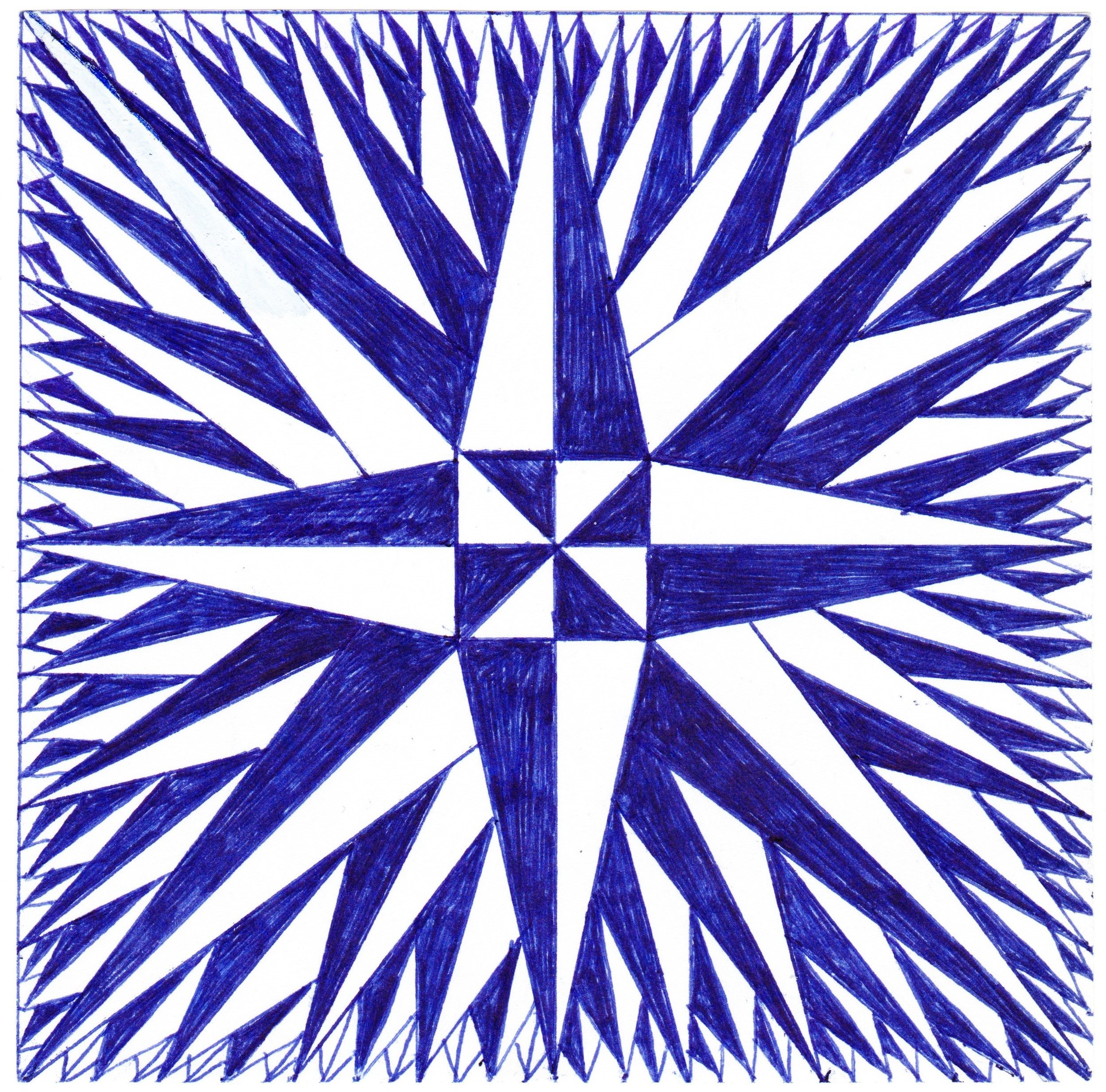I have gone back-and-forth, back-and-forth, back-and-forth about whether to use the term ‘Perennialist’ as a noun or as an adjective. For example, am I a “Catholic Perennialist” or a “Perennialist Catholic”? Or “Perennialist-Catholic,” the double-noun, which still presents the problem of whether to place the ‘Perennialist’ designation first or last. I recognize the power and importance of words, and so this discussion doesn’t come down to merely a matter of style or aesthetics, but to the different meanings these arrangements of words represent, however subtle those differences may be.
When a Christian, Jew, Muslim, Buddhist, Hindu, Humanist, Yoruba, Aborigine, or other person decides to add the word ‘Perennialist’ to her description of herself, does she consider herself to belong primarily to the group of “Perennialists,” with her traditional religion being secondary? If so, she might prefer the term “Jewish Perennialist,” for example. Or does she consider herself to be primarily a member of her religion, but with the qualification that she understands all valid paths to truth to be valid paths to truth? In that case, she might prefer to be called a “Perennialist Jew.” So which should it be? Or, should it depend on the person and her relationship to her religion and to Perennialism?
I am completely in favor of leaving the nomenclature up to the individual person. But having thought through this a bit, I thought I might share with you my reasoning for choosing the designation “Perennialist Catholic.” First of all, there is the fact that Perennialism is a meta-religious idea, an idea that strives to see all religions and philosophies from some bird’s-eye view. Now this perspective may not be possible for a human being to attain, but it is certainly approachable for the learned human being who possesses reason, imagination, and inspiration. (It may also be possible through a mystical seeing, but that is a conversation for another time and place; despite the fact that such mystical experiences are responsible for my forays into Perennialsim!) As Perennialism is a meta-religious idea, rather than another religion among religions, I did not think it proper to use it as a noun. “I am a Catholic Perennialist, and I hope you will someday become a Perennialist, too” sounds too much like I am trying to start my own church. This is not another movement among movements. It is a movement beyond any one religion. It seeks to transcend the problems of religion while retaining all of their wisdom and truth. It would be a tragedy to throw-out tens of thousands of years of collected wisdom, not to mention all the good institutions and communities that arose with it. So, I place ‘Perennialist’ as an adjective, a particular way in which I belong to the community of Catholic Christians.
Secondly, and following from that, I do not think Perennialism is a way to truth, at least not by itself. Perennialism does not provide religious practices and myths that will guide a person to truth, not unless you recognize all the valid rituals and myths of all the religions of the world to be Perennialism’s myths and rituals. Instead, the myriad religious and philosophical traditions are ways to truth that can be better understood and deepened through a Perennialist interpretation. I say “interpretation” because I do not think there is one ultimate Perennial philosophy. I think it is the work of trying to be a Perennialist that is important, not whether we succeed at it. All of this points to a better use of ‘Perennialist’ as an adjective.
Finally, I want to sincerely recognize and honor the truth and beauty of the diversity of religions and philosophies, not to mention the benefit gained by the fact of their multiplicity. There is a multiplicity of religious and philosophical traditions, and within each of these is a multiplicity of viewpoints, beliefs, practices, and myths. Using ‘Perennialist’ as an adjective seems an appropriate way to unite all of the members of these various traditions while still acknowledging each person as being grounded in his “Roman Catholic Christian-ness,” “Lutheran Christian-ness,” “Baptist Christian-ness,” Zen Buddhist-ness,” “Pure Land Buddhist-ness,” “Orthodox Jewish-ness,” “Reform Jewish-ness,” etcetera.
Further, without this diversity, the comparative work that led to the Perennial Philosophy would not have been possible or necessary. And what a beautiful idea it is! More importantly, what a wonderful and transformative journey it is. Without diversity, this transformative process would not be available for all of us. Perhaps someday it will not be necessary, but from my limited, year-2012 human perspective, it is a beautiful and worthwhile process of development for all of us to engage.
So, for now anyway, I use the term ‘Perennialist’ as an adjective, ultimately recognizing the truth of Gandhi’s insight that there are as many religions as there are men and women. I cannot name even two Roman Catholic Saints whose paths to God or even whose prayers were exactly the same. If we are as unique as snowflakes, with ourselves—our very lives—being our deepest prayers, it follows that there are no two prayers that are alike, nor two paths to God. I guess, in the end, we are all Perennialists, but to claim so would be too dangerous. I would be wary of anyone who did. From our human perspective, it would be safer to leave “Perennialist” as a secondary term, quietly doing its job of letting others know how we strive to see the world, not demanding any kind of allegiance to itself, letting us be and letting us become, giving as only God can give.
